
Gut-Healthy Diet

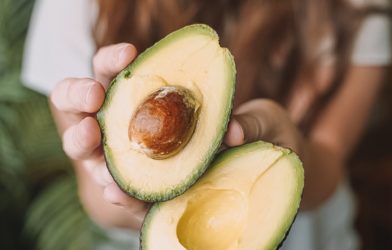
An avocado a day can lead to a happy, healthy gutJanuary 27, 2022

Focusing on nutrition may be the best way to slow down aging, research suggestionJanuary 27, 2022
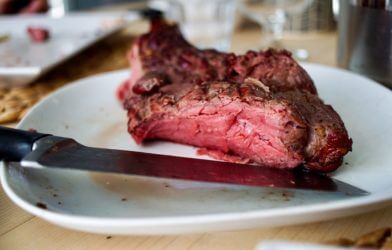
Red meat accelerates hardening of arteries via gut microbes, study findsJanuary 21, 2022
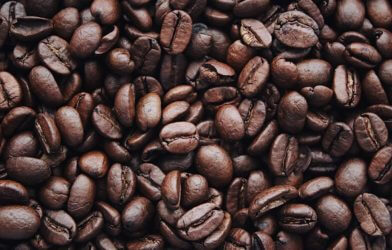
Coffee provides big boost to gut health by altering microbiota, stimulating digestive systemJanuary 20, 2022
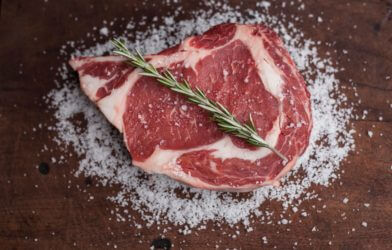
Keto diet could cause harmful changes to gut flora, worsen heart healthJanuary 19, 2022
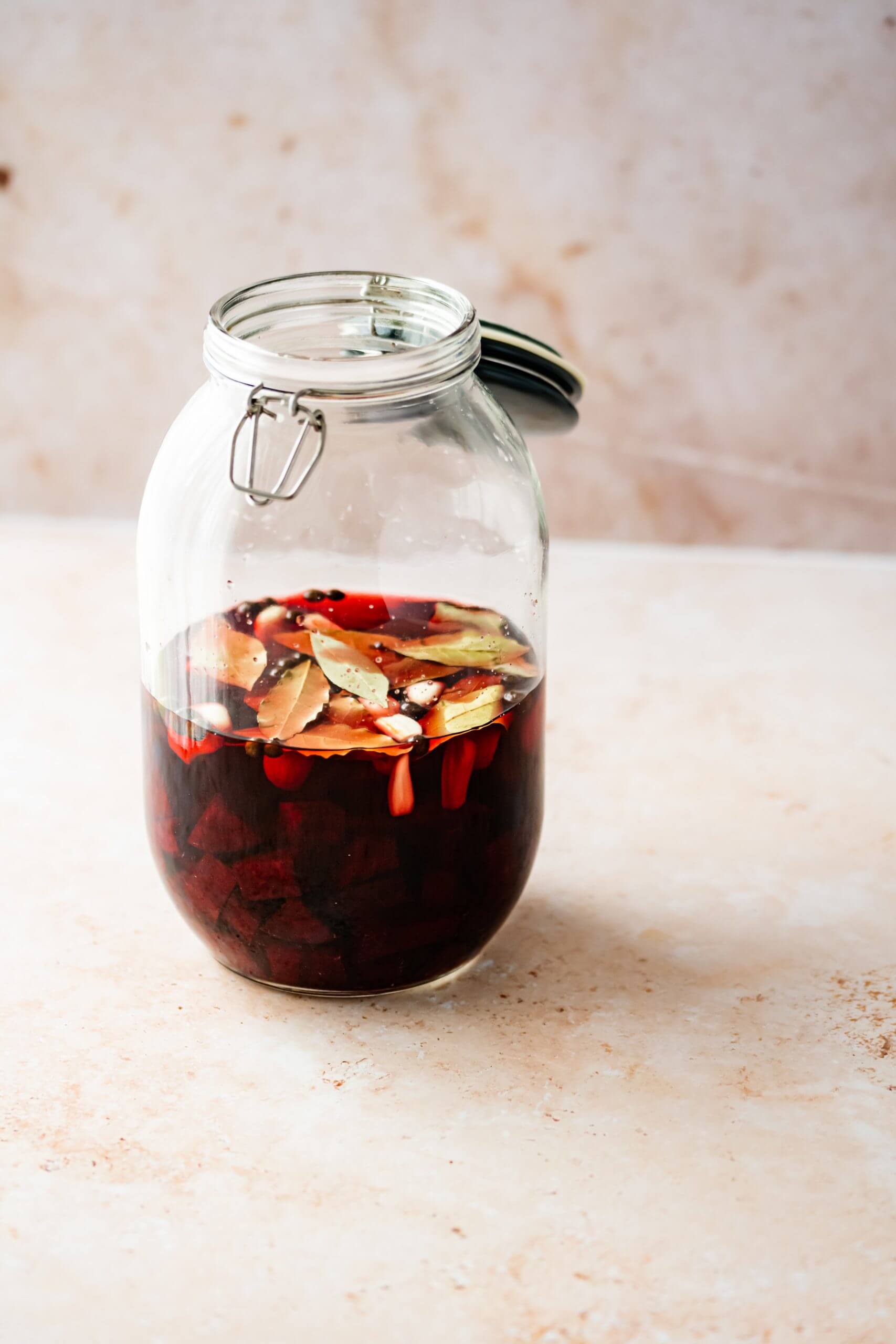
Immunity improves, inflammation decreases with a fermented-food dietJanuary 18, 2022
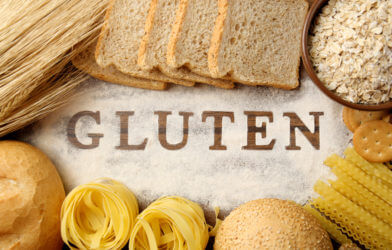
Gluten NOT to blame for IBS symptoms? Lesser-known dietary element may be culprit behind conditionJanuary 17, 2022
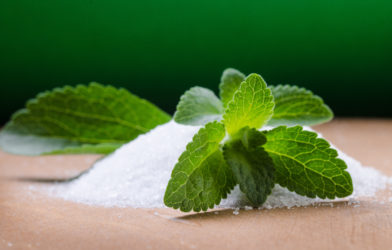
Artificial sweeteners consumed during pregnancy alter gut microbiome in unborn babiesJanuary 17, 2022
